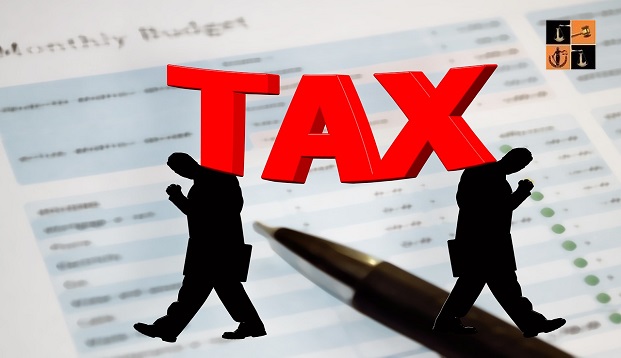The Allahabad High Court held that the absence of tax invoices and/or e-way bills at the time of interception and their subsequent production does not absolve the assesee from the liability of penalty under the Goods and Service Tax Act.
Brief Facts:
The present petition was filed under Article 226 of the constitution by the petitioner, aggrieved by the order imposing penalty dated August 8, 2018, passed by the respondent under Section 129(3) of the Uttar Pradesh Goods and Services Act, 2017. In the present case, the goods were intercepted and upon interception, no E-Way Bill, invoice or ability was present in the vehicle carrying the goods. After the interception, these documents were produced by the assessee.
Contentions of the Petitioner:
The learned counsel appearing on behalf of the petitioner argued that when the documents are produced after the interception and before the detention order is passed, no penalty is leviable under Section 129(3) of the Act and further the intention to evade tax must be present and it is the duty of the Department to indicate such intention to evade tax.
Contentions of the Respondent:
The learned counsel appearing on behalf of the state submitted that the judgments relied upon by the learned counsel for the petitioner relate to the period where the detention of goods was prior to April 2018. He further submitted that in instances of detention that occurred subsequent to April 2018, the E-Way Bill is mandatory and is required to be carried along with the goods. In the present case, he submits that neither the E-Way Bill nor even the invoice and ability were accompanying the goods at the time of interception. He, accordingly, submits that the burden of proof with regard to the intention to evade tax shifts from the Department to the assessee.
Observations of the court:
The court stated that in the present case, the facts are undisputed that neither the invoice nor the E-Way Bill accompanying the goods. Such a contravention to the Rules cannot be treated to be a mere technical or typographical mistake, and accordingly, in such cases, the burden of proof for establishing that there was no mens rea for evasion of taxes shifts to the assessee.
Further, it was stated that the Court in umpteen cases where penalties were being imposed under Section 129 of the Act though held that an intention to evade tax should be present, however, in the event the goods are not accompanied by the invoice or the e-way bill, a presumption may be raised that there is an intention to evade tax. Such a presumption of evasion of tax then becomes rebuttable by the materials to be provided by the owner/transporter of the goods.
Further, it was stated that in the present case, one comes to an inexorable conclusion that the petitioner has not been able to rebut the presumption of evasion of taxes, as he has not been able to explain the absence of an invoice and the E-Way Bill. Production of these documents subsequent to the interception cannot absolve the petitioner from the liability of penalty as the very purpose of imposing penalty is to act as a deterrent to persons who intend to avoid paying taxes owed to the Government. It is clear that if the goods had not been intercepted, the Government would have been out of its pocket with respect to the GST payable on the said goods.
The decision of the Court:
The court dismissed the petition.
Case Title: M/S Akhilesh Traders vs State of U.P. and Ors.
Coram: Hon’ble Mr. Justice Shekhar B. Saraf
Case No.: WRIT TAX No. - 1109 of 2019
Advocate for the Petitioner: Pranjal Shukla
Advocate for the Respondent: C.S.C.
Read Judgment @LatestLaws.com:
Picture Source : https://www.needpix.com/photo/download/316642/taxes-tax-office-tax-return-form-income-tax-return-income-tax-wealth-finance-tax-evasion


























